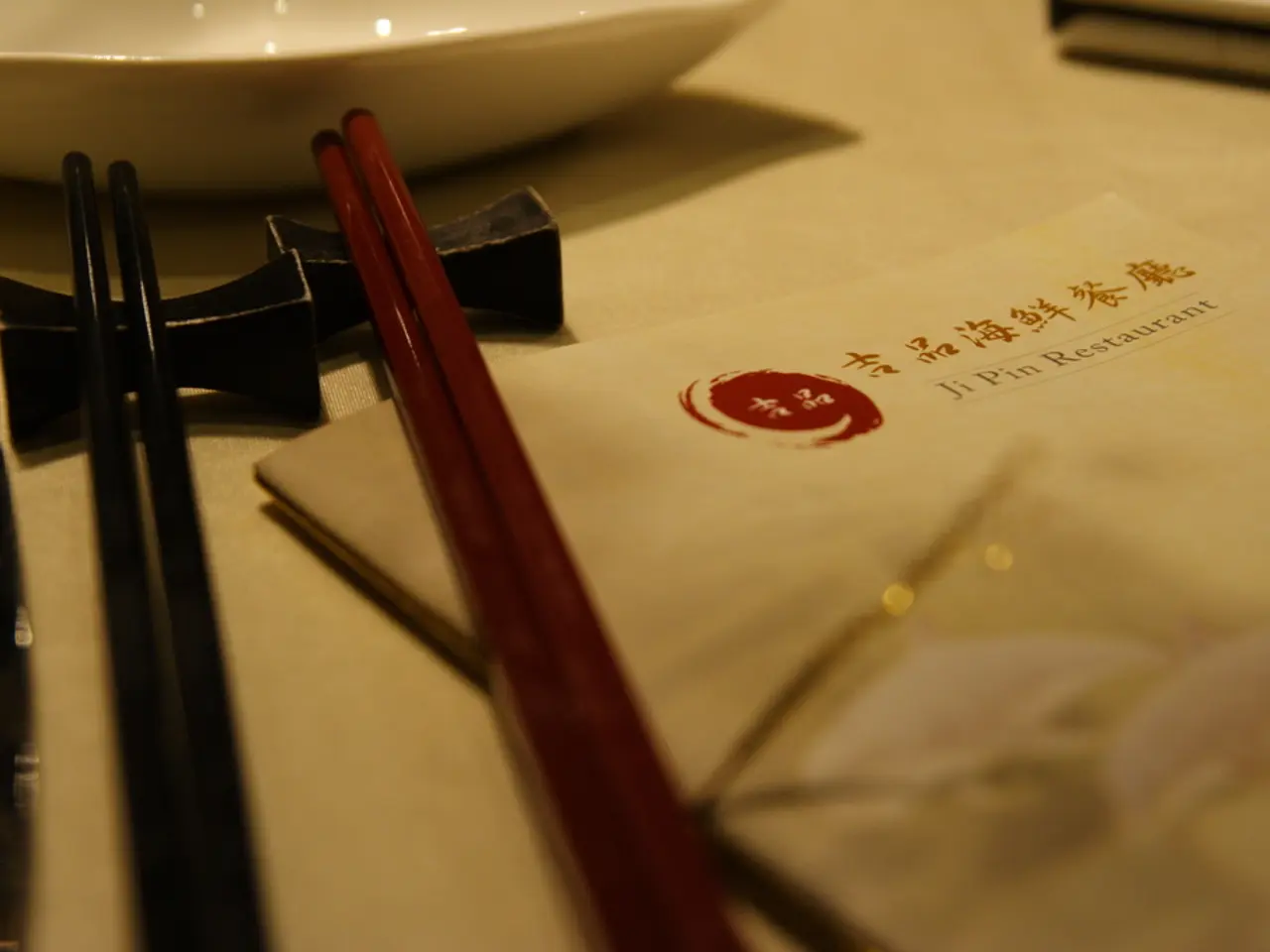Boost to Consumption in China: Government Offers Loan Interest Relief for Borrowers
China Introduces Interest Subsidy Policy to Boost Domestic Consumption
Vice Finance Minister Liao Min announced on Wednesday a new interest subsidy policy aimed at stimulating domestic consumption and shifting China's economy away from debt-fueled investment and exports.
Under the policy, both households and businesses can qualify for an annual interest subsidy of one percentage point on loans up to certain limits. For individuals, the subsidy applies to consumer loans up to RMB 50,000, while businesses in eight key consumer service sectors, such as catering, healthcare, elder care, tourism, culture, and sports, can receive subsidies on loans up to RMB 1 million.
The policy targets both demand and supply sides. For consumers, it lowers the cost of credit to encourage spending on appliances, travel, education, and other services. For small and medium-sized enterprises (SMEs) in the service sector, it reduces financing costs, helping stabilize employment in industries that employ about 40% of China's workforce.
By directly subsidizing interest payments rather than mandating lower interest rates by banks, the policy avoids pressuring banks' profit margins, maintaining financial stability while unlocking household and business spending power. The initiative aligns with China’s "Dual Circulation" strategy, which prioritizes domestic demand as a key engine for growth.
Analysts at Huatai Securities noted that the policy is expected to increase households' willingness to borrow while enabling banks to maintain consumer loan rates above 3%. Major state-owned banks in China, including Industrial and Commercial Bank of China, China Construction Bank, and Bank of China, have confirmed they will actively implement the new subsidy policy.
The government will bear the subsidy costs for the new policy, reflecting the importance regulators place on alleviating pressure on banks' profit margins. Economists have long advocated for Beijing to transition towards a consumption-driven economic model, and this policy is a significant step in that direction.
The policy encourages consumption-led economic growth through targeted loan subsidies designed to boost consumer service sectors and household spending, while also aiming to stabilize employment and reduce systemic financial risks associated with debt-heavy investments. Consumption of services in China holds significant growth potential, according to an official from China's Ministry of Commerce.
In conclusion, China's new interest subsidy policy is a strategic move to stimulate domestic consumption, shift the economy away from debt-fueled investment and exports, and promote a consumption-driven economic model. The policy is expected to have a positive impact on the service industry, employment, and financial stability in China.
Read also:
- President von der Leyen's address at the Fourth Renewable Hydrogen Summit, delivered remotely
- Unveiling Innovation in Propulsion: A Deep Dive into the Advantages and Obstacles of Magnetic Engines
- Intensified farm machinery emissions posing challenges to China's net-zero targets
- EU Fuel Ban Alerts Mercedes Boss of Potential Crisis




